If you’ve ever looked around your home and wondered how you ended up with so much stuff, you’re not alone. With online shopping more convenient than ever, it has become really easy to accumulate items we don’t truly need. We buy things often without even realizing it. Small purchases add up quickly and lead to both clutter and unnecessary spending.
Being intentional about what we buy can help us simplify our lives, save money, and focus on what truly adds value. With that in mind, here are some common things people have decided to stop buying in 2025. Use this list as inspiration to reflect on your own spending habits and consider what you might want to cut back on this year.
Cable TV Subscriptions
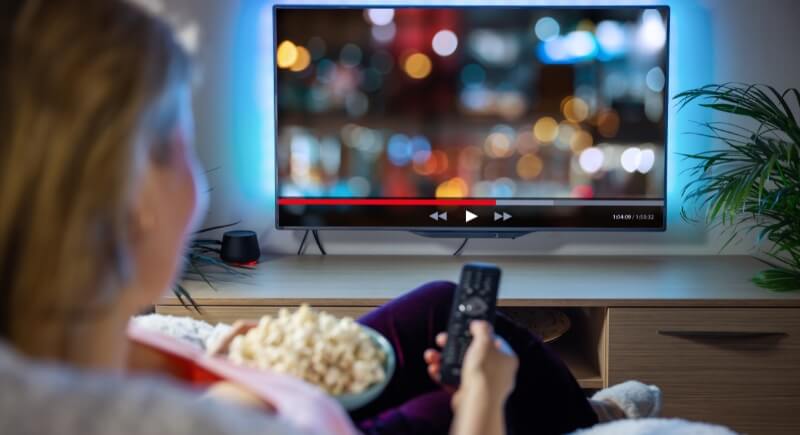
Paying for cable in 2025 is like still using a flip phone—possible, but highly unusual. Streaming services now offer everything cable once did, minus the expensive bundles and endless commercials. Even live sports and news are just a few clicks away.
Disposable Plastic Grocery Bags
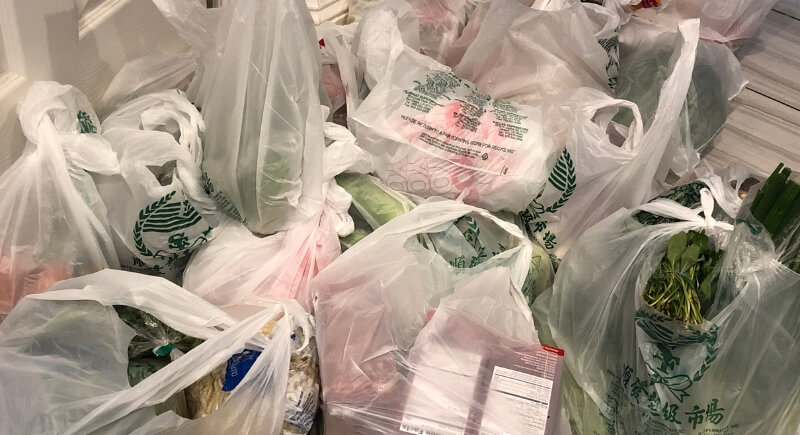
Grocery stores are no longer handing out plastic bags like candy. People have switched since more states have banned them, and retailers are promoting reusable options. The existing alternatives usually involve a sturdy tote or a foldable bag that fits in your pocket.
Paper Maps and Phone Books

You probably haven’t unfolded a paper map in years unless you’re starring in a historical drama. GPS apps provide real-time updates and even warn about traffic. And phone books have gone from doorstep delivery to recycling bins—because nobody used them anyway.
Traditional Alarm Clocks

Alarm clocks have been replaced by smartphones, smartwatches, and voice assistants that wake you up with your favorite playlist or a gentle sunrise effect. You don’t have to struggle with the annoying beeps that make you feel like you’re under attack the second you open your eyes.
DVDs and Blu-rays
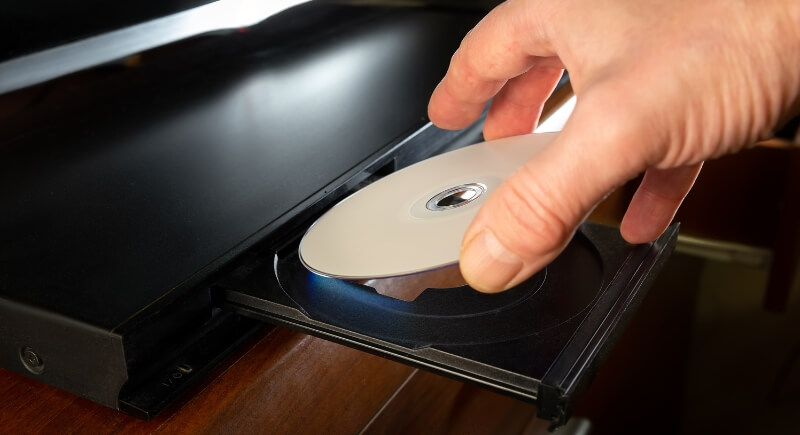
Physical media has become more of a collector’s item than a necessity. Thanks to streaming services offering massive digital libraries, people do not need stacks of discs taking up space. Plus, no one misses the frustration of a scratched DVD that freezes right before the best scene.
Incandescent Light Bulbs

Energy efficiency rules have nearly eliminated incandescent bulbs. LEDs last longer and save money on electric bills. With smart lighting that changes color and brightness on command, old-school bulbs are a thing of the past.
Printed Magazines and Newspapers

Paper subscriptions are fading as digital news takes over. Online platforms update in real-time and offer interactive features without leaving stacks of unread issues cluttering the house. Fewer people are willing to pay for print when the latest headlines are just a tap away.
Standalone GPS Devices
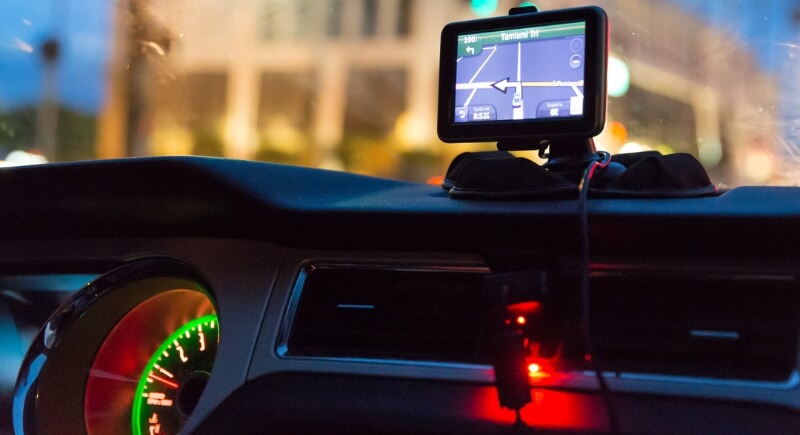
Remember when dashboard-mounted GPS devices were essential for road trips? Now, smartphones do it better. There are real-time traffic alerts, rerouting options, and constant updates that standalone GPS units cannot compete with.
Traditional Film Cameras

While we still have an audience for traditional film cameras due to their unique aesthetics and timelessness, it’s no surprise how they are also replaced by digital photography. Our fast-paced lifestyle makes us more driven by instant results than old-world charm.
Basic Mobile Phones
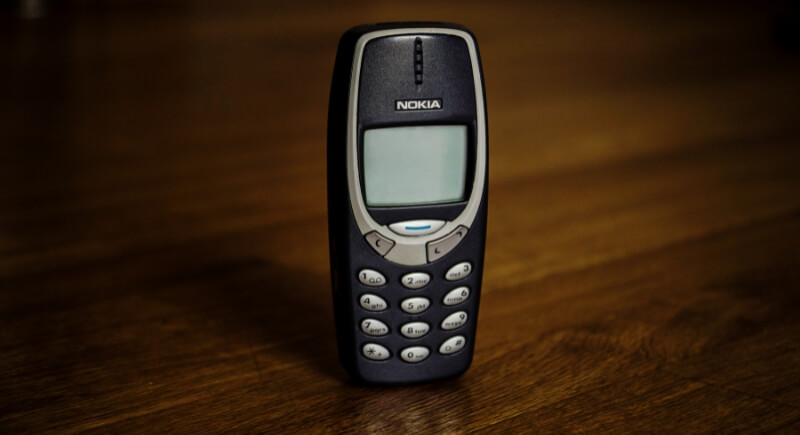
Basic mobile phones have nearly vanished as smartphones dominate the market. Today, even budget-conscious consumers choose smartphones for their advanced features and constant connectivity. Simple phones are now rare finds and nostalgic reminders of a simpler era.
Landline Phones
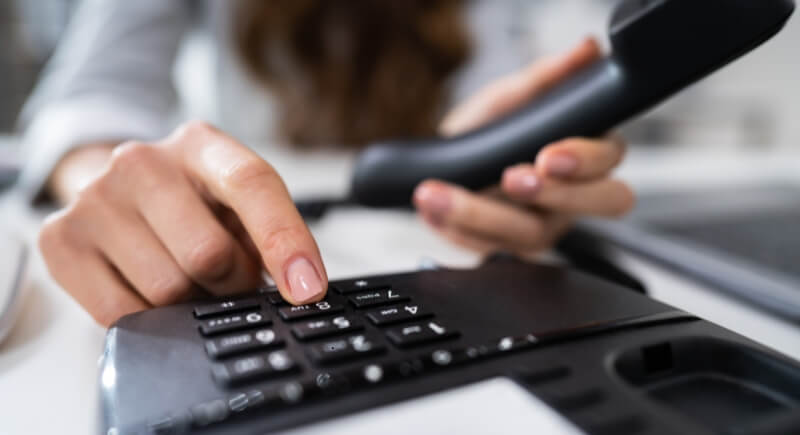
Landline phones are probably more of a dust collector than a communication tool. Most homes and businesses have disconnected their landlines due to unlimited cell plans and internet-based phone services. The only ones still ringing are maybe at Grandma’s house.
Plastic Straws

Plastic straws are disappearing fast. Many restaurants and coffee shops have replaced them with paper, metal, or silicone options, and customers are bringing their own reusable straws. Love them or hate them, single-use plastic straws are becoming a rare sight.
Traditional Fax Machines
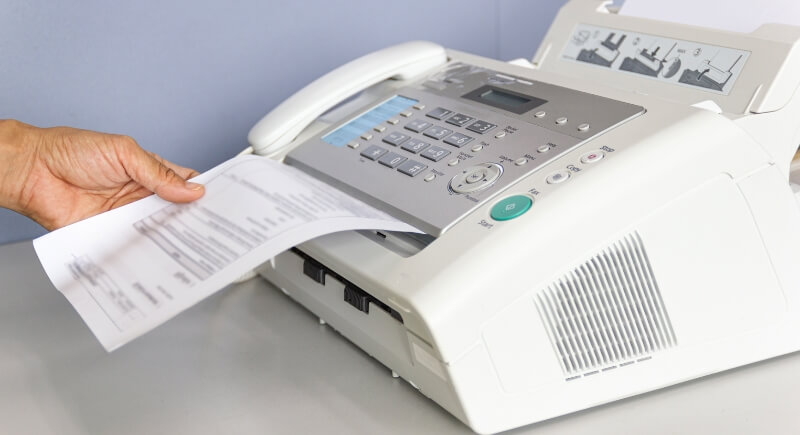
Fax machines belong in museums, not offices. Secure email sharing has replaced the need for those paper-jamming piles. If you still hear a fax tone in 2025, you’re probably in a doctor’s office stuck in a time warp.
Non-Smart Thermostats
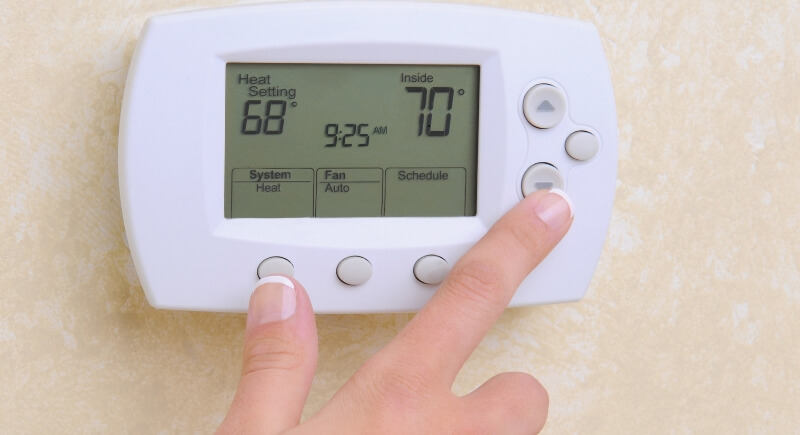
Thermostats that can’t learn your habits or adjust remotely are quickly fading out. Smart thermostats optimize energy use and lower bills. It also lets you control the temperature of your phone. You don’t even have to adjust the settings time and again. Technology can do it for you.
Physical Event Tickets

With mobile ticketing making entry faster and more secure, printed tickets are a thing of the past. Concerts, sports events, and movies have all gone digital. No more losing your ticket at the bottom of your bag right before a big event.
Printed Physical Textbooks

Digital textbooks are cheaper, more interactive, and don’t require last-minute bookstore runs. This means that college students no longer have to haul around backpacks full of heavy books. Schools and universities are shifting to online learning material and making print editions far less common.
Non-Rechargeable Batteries

Buying disposable batteries feels unnecessary, considering that rechargeable versions last longer and can save a lot of money. Not to mention, it also helps reduce waste. Many everyday devices now come with built-in rechargeable power.
Physical Calendars and Planners
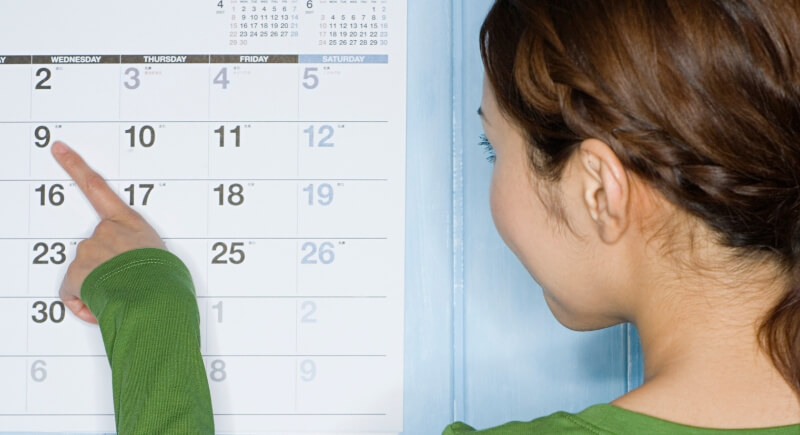
Digital calendars sync seamlessly across devices for instant updates and reminders. Fewer people rely on paper planners when their phones can handle all tasks associated with them. Unless you love the feel of pen and paper, traditional calendars are not essential anymore.
Subscription Boxes (You Forgot to Cancel)

Those subscription boxes probably haven’t been opened since the first one—unless you’re stockpiling obscure snacks for the apocalypse. The “must-have” gadget crate from 2024 still happily bills you every single month in 2025, delivering nothing but guilt to your doorstep—and your credit card statement. Consider it a monthly donation to the land of forgotten knick-knacks, courtesy of your forgetfulness.
Trendy Mini Projectors That Never Work Right
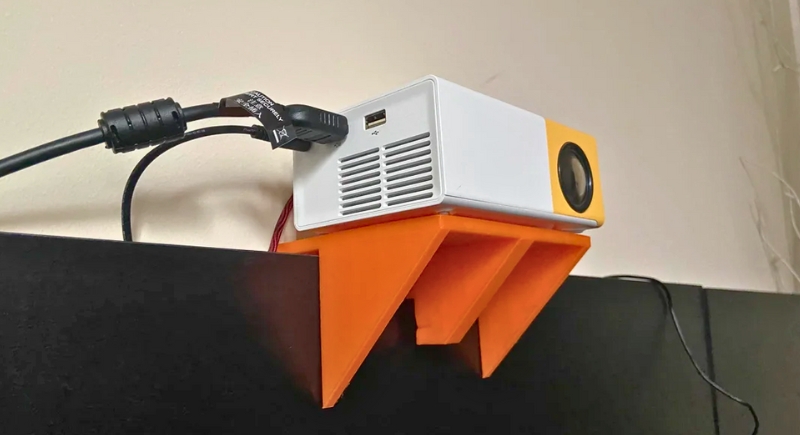
A mini projector seemed like the perfect way to bring the theater to the home in 2024, but the reality? A blurry mess that barely fills a wall. Instead of cinematic glory, you’re left with distorted images and constant buffering. It now collects dust next to mystery cables and unused gadgets, just another tech trend that didn’t quite cut it.